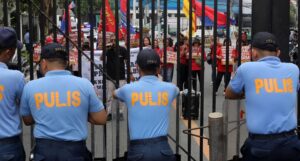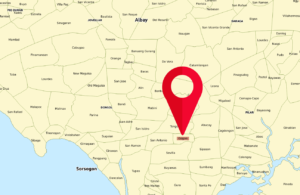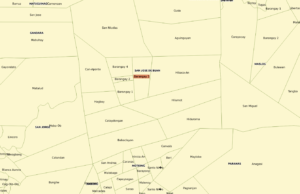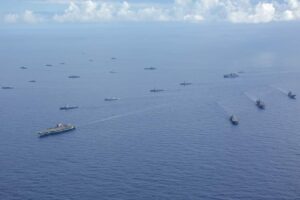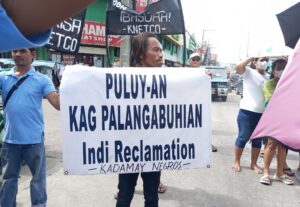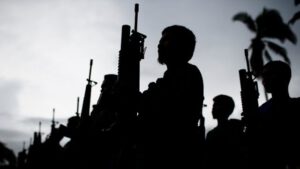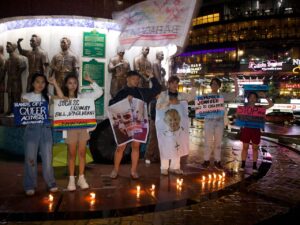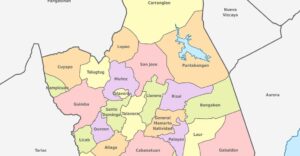Investigation finds US military bases in the Philippines a threat to freedom

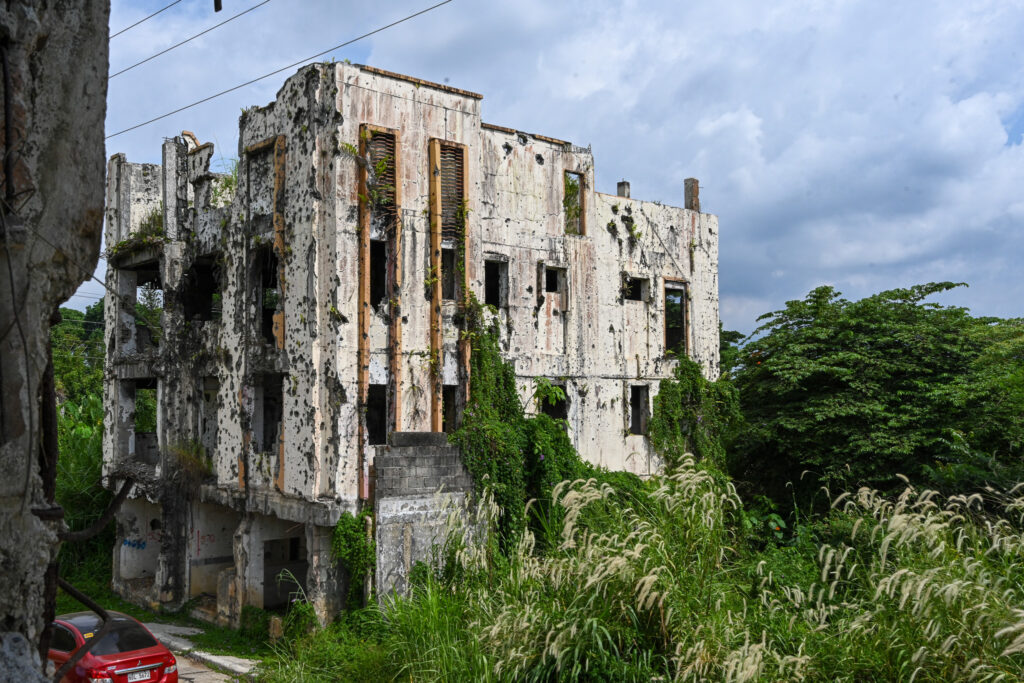
The delegation of a fact-finding mission made public yesterday, Independence Day, its report of a three-week investigation in the communities around the US military bases, or so-called “EDCA sites” and the venues of the recently concluded Balikatan war games. They discovered widespread negligence, disinformation and repression in these areas. Bayan-USA and PINAS Peace Mission led the delegation.
The investigation was conducted within an EDCA site in Cagayan Valley; at former US military bases in Central Luzon; Ilocos Norte, where the most recent Balikatan exercise took place; and in Marawi City, where a military camp is being built at “ground zero” using EDCA funds.
The EDCA or Enhanced Defense Cooperation Agreement (EDCA) is an agreement between the government of the US and the Philippines signed in 2014 that allows the US to build bases or facilities within an “agreed location” inside Armed Forces of the Philippines (AFP) camps. Currently, the US has at least nine facilities under the EDCA. In addition, it is said that the US has at least eight other bases or military facilities in various parts of the Philippines.
“This Independence Day, we demand that the Filipino people be free to stand up on our own two feet and determine for ourselves the course of our future, without any foreign power leading us astray,” the representative of the delegation said. “We demand answers and accountability from the Philippine and US government on the impacts of militarism on the most marginalized. We demand answers on the real extent of US base and facility building in the country, as what is being publicized in the news doesn’t match experiences on the ground.”
The delegation’s findings include the following, according to their statement:
1) Violations of EDCA Agreement in Cagayan Valley. The military has ordered residents near the military base to store supplies outside of the designated “EDCA site,” in violation of the agreement itself which prohibits it. The residents were also not informed of the purpose of the storage. They suspect weaponsare being stored, contrary to US and AFP claims that the items are only for “humanitarian aid.”
2) US military exploitation of communities and their resources: In Cagayan Valley, American troops hired fisherfolk’s boats for the war games. In Ilocos Norte, residents were prohibited from sailing and were deprived of their livelihood. The indemnification given to them were grossly insufficient.
3) Close partnership with private economic interests and the military: In Cagayan Valley, the delegation learned of the US’s plan to build “EDCA sites” near special economic zones. Two of the existing bases are adjacent to the Cagayan Economic Zone Authority (CEZA).
4) No communication to communities afftected by military exercise. In Santa Ana, Cagayan, residents were given no explanation regarding the US-PH military exercises, before and after they happened. They were kept in the dark, and their voices and welfare were not considered. Since November 2023, two low-flying US helicopters caused panic among indigenous communities on the island of Palaui. They worried at the prospect of war breaking out and for their children’s safety.
5) Disinformation and discrepancies in government reports: In Marawi City, community leaders are aware of the construction of a military base using EDCA funds at “ground zero,” which the government has not disclosed. They also reported the plan to build a special economic zone in the said area. In Ilocos Norte, the government did not directly inform some communities regarding the Balikatan exercises. Residents also reported being shook from loud explosions that shook their houses.
6) State repression and Red-tagging: Red-tagging was widespread against residents who reported militarization, especially those who expressed the need for economic development in the communities.
7) Government negligence: In Marawi City, residents affected by the 2017 AFP attack remain in evacuation centers. Basic utilities such as electricity, water, and sanitation are absent or damaged in these areas. Many of them still have not received compensation or the opportunity to return to their lands.
Members and allies of BAYAN USA plan to continue campaigning against increasing U.S. militarism in the Philippines at the Cancel Rim of the Pacific Games (RIMPAC) people’s summit and mobilization in San Diego (June 29-30); Resist NATO summit and mobilization in Washington DC (July 6-7); protest actions at the Republican and Democratic National Conventions this summer; within the halls of Congress against the Philippines Enhanced Resilience Act (PERA) and in favor of the Philippine Human Rights Act; and in a People’s State of the Nation Address to counter that of President Marcos this July.


